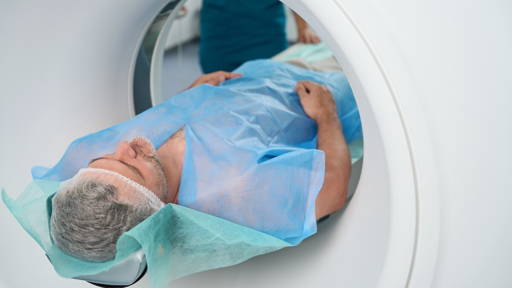The use of artificial intelligence (AI) in health care raises pressing questions about the role and responsibility of physicians and the future interpretation of medical professions. After all, with the increasing digitization and use of AI, some tasks of healthcare providers may be taken over or supported by these technologies.
Design and human requirements for AI
For example, AI systems are increasingly able to analyze large amounts of medical data and recognize patterns that are difficult for humans to detect; this is expected to contribute to better diagnostics and treatments. To responsibly bring the potential of AI to the clinic, much attention has been paid in recent years to design principles and technical requirements such as accuracy, data protection and transparency.
Nevertheless, for the responsible implementation of AI in clinical settings, it is also important to understand the requirements for human users. Without adequate skills and competencies of clinicians, clinical outcomes cannot be improved, or outcomes may even deteriorate, regardless of how good the AI model is.
Proper use of AI and preventing errors
To properly use AI, it is important to understand how these systems work and what applications they are suitable for. By the way, this does not mean that all healthcare providers should develop deep technical expertise, but it does mean that healthcare providers working with medical AI should understand how these systems work and task-specific suitability. In addition, it is important that healthcare providers be able to recognize mistakes made by AI.
Mistakes will undoubtedly continue to be made, no matter how advanced the system is it will never be perfect and it is and always will be technology that can break. Recognizing these mistakes is important to prevent harm to patients, for example, and the right knowledge and skills will enable healthcare providers to take responsibility for good care.
In conclusion
AI is causing a shift in the roles and duties of healthcare providers, but that also requires clarifying the new roles, competencies and responsibilities of healthcare professionals, otherwise we risk having cleverly developed technology without users who know how to use it wisely. Have you already taken steps to have the right skills in place to work responsibly with AI?







